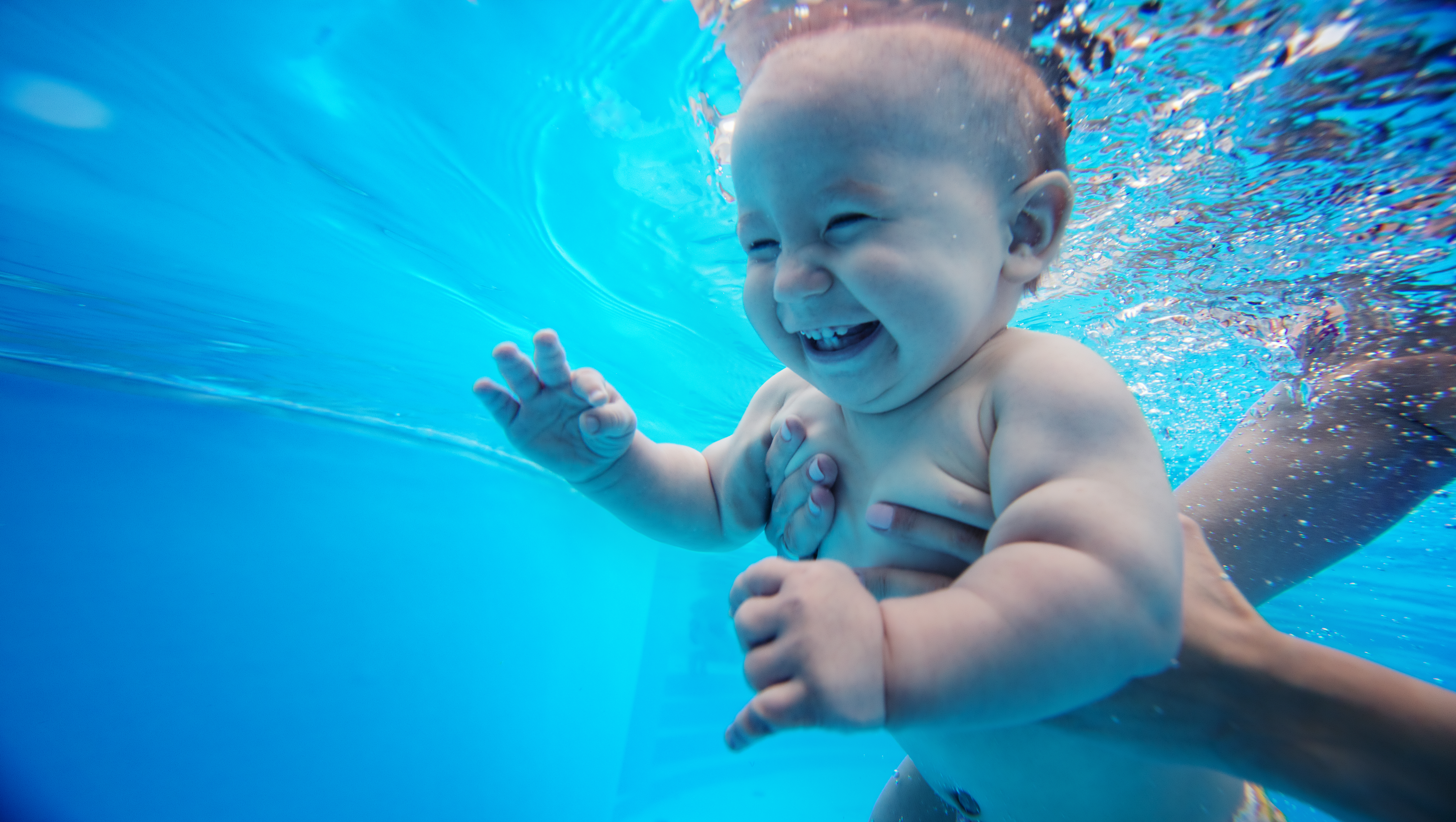
Becoming a parent is one of the most exciting moments in life. But after the initial bliss sets in, so does the anxiety of wondering whether you're doing it right. September is Baby Safety Month, so it's the perfect time to give new parents tips that can help keep their new bundles of joy safe inside and outside of the home.
5 Tips for New Parents During Baby Safety Month
First, remember to give yourself some grace. No parent is perfect, but to your little one, you are. You'll learn what's best for your baby as you become a seasoned parent doing the best you can do. Until then, here are a few safety tips to consider:
Safeguard Your Home
It's a good idea to babyproof your home before your baby arrives, simply because it will be one less thing you need to worry about later. Once babies begin to move around, they seem to never stop (and it happens sooner than you might think)! So, having some protections in place, like baby safety locks on cabinet doors and a baby safety gate by steps, can prepare you for a mobile kiddo.
Also, check that your water heater is set to 120°F or lower to prevent bathtub burns and check that your smoke and carbon monoxide detectors work.
Teach Water Safety Early
The American Academy of Pediatrics (AAP) says that most infants can participate in swimming lessons by age 1. Why start so early? Acclimating your youngster to the water when they're young can make it not so scary. Plus, the more safety tips they can soak in during this important developmental period, the better.
Your baby may not be able to learn to swim yet, but you can still prepare for when the time comes. Research swim schools with infant swimming lessons in your area. Then, call around to learn about pricing, class structure, and other need-to-know information. Some swim schools have waiting lists, so starting the process early can get your foot in the door.
Learn All You Can About Safe Sleep
Baby safety sleep methods have probably changed since your parents had you, so it's important to take the current advice of experts over your mom's well-intentioned advice (sorry, Grandma!).
According to the AAP, babies should sleep on their backs for night sleeping and naps until their first birthday. Bed-sharing under four months old and adding loose bedding or objects to a crib are also not recommended. If possible, keep your little one in their crib in your room for at least their first six months.
Brush Up on Car Seat Safety
Ask any parent about how to place your baby in a car seat safely, and you might get a different answer. But keeping the baby safe in the car is something you definitely want to get right.
The National Highway Traffic Safety Administration (NHTSA) recommends registering your car seat to be the first to know about recalls. Also, make sure you have a car seat that matches your child's height, weight, and age and keep your child rear-facing for as long as possible. The AAP also provides helpful information on car seat safety.
Get Advice from Your Pediatrician
With websites and social media being the primary sources of information for many, it can be tempting to get advice from other parents online. However, it's always best to seek help from your baby's pediatrician rather than friends, family, or other internet users. Your pediatrician knows your child's medical history and, together with you, can make informed decisions about the best pathway for their care.
It's Baby Safety Month — You Know What to Do!
Emergencies can happen, no matter how much you try to prevent them. For convenience, keep a list of emergency numbers (pediatrician, nurse hotline, hospital, etc.) in a central spot in your home, like by the door or on the refrigerator, to find quickly in a pinch.
Last but not least: Trust your instincts. You know your baby best, and your gut can usually help you in a situation that requires quick thinking.



